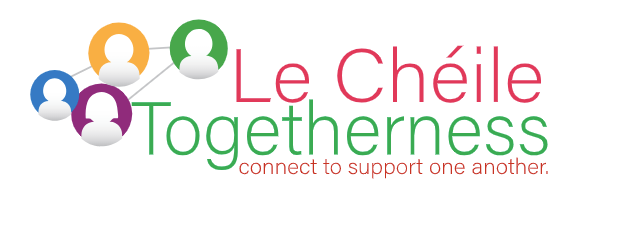Our bodies our something we can have a complicated relationship with. It can be very easy to compare ourselves to other people that we know or that we see online or in the media. It’s a natural thing to compare ourselves to others, but that doesn’t mean it’s always a healthy thing.
We live in a world where there is often a lot of emphasis put on our appearance, and that can make us think that ‘appearing’ a certain way is important. The problem is, that means that we can start to feel that how we currently appear is wrong somehow. That can lead to having low body confidence, and in some cases, mental illnesses such as eating disorders or depression. Low body confidence can affect us no matter what gender, size or shape we are.
There are a lot of factors that can affect how we perceive our bodies. These include social media, the media, and other people. Social media is full of pictures that are filtered and that show the best of people and their lives. We spend a lot of time on social media, and sometimes it can seem like what we’re seeing is an accurate representation of real life, even though it isn’t.
Body size is not necessarily an indicator of good health, nor is it an indicator that a person lives any particular lifestyle. There is no particular way that you ‘should’ look, and your worth as a person is about more than how you like or what size or shape you are. It’s ok to have days where we feel down, or where we don’t love ourselves as much as we might like to, but it’s important to remember that you are enough, just as you are.
It can sometimes seem like we are fighting an uphill battle in order to feel good about our bodies, but there are some things we can do in order to help increase our body confidence:
- Try and think about your body in terms of what it can do as being important more than what it looks like – give your body credit; it does amazing things in keeping you alive and getting through the day
- Try and think about food as fuel for your body and mind rather than anything else.
- Focus on your strengths – think about what you have, what you and your body can do.
- If you find that someone you are following on social media is making you feel bad about yourself – directly or indirectly, unfollow them.
- Remember that difference is something to be celebrated. If we all looked the same and were the same size and shape, it would be boring.
- Think how you would talk to a friend about their body, and try to talk to yourself in the same kind, supportive way.
An eating disorder is a serious and potentially life-threatening change in normal eating habits. Eating disorders aren’t necessarily about food; they can be about underlying worries or emotional stress. There is also no single reason or cause that people develop eating disorders, although low body confidence can be one of them. What’s important to remember that it is possible to recover from an eating disorder and that help is available if you feel you might have an eating disorder.
Mental health
- If you feel like struggling and you need more professional help, contact your college counselling services to arrange an appointment to talk to someone
- For useful resources on your mental health go to the ‘Mind Your Mental Health’ on usi.ie
- HSE’s has specific advice on how to mind your mental health during the coronavirus outbreak, and they have a page specifically about eating disorders https://www2.hse.ie/conditions/mental-health/eating-disorders.html
- The Bodywhys website bodywhys.ie has lots of information and further sources of help available
- If you feel you are at risk of suicide during the pandemic, call 999/112 or present to the nearest Accident and Emergency Department


Recent Comments